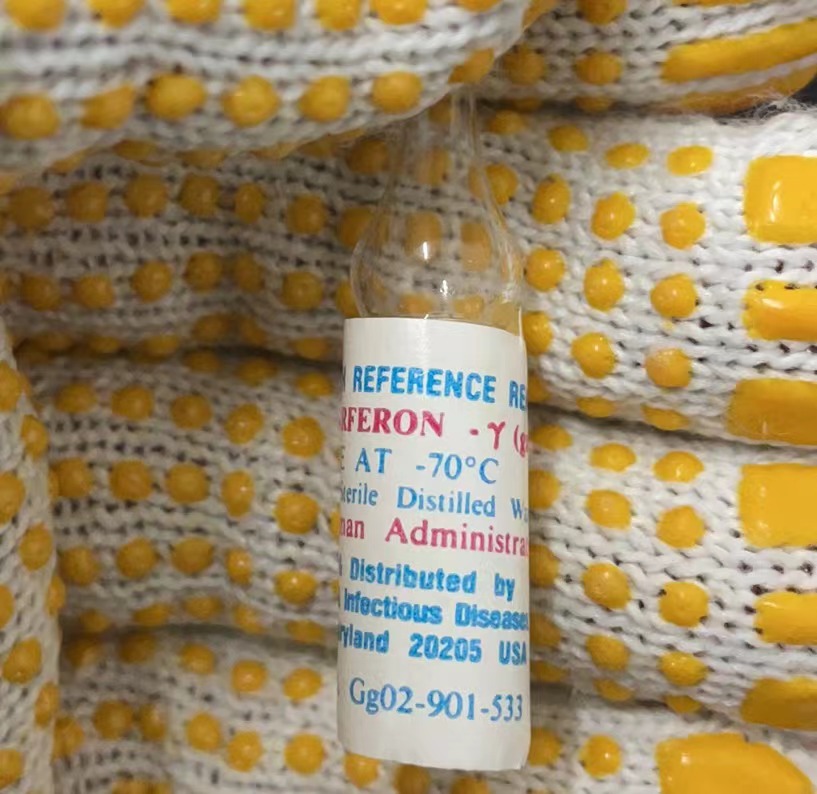产品描述信息
NR-53890??Simulium vittatum, Cytospecies IS-7, Eggs(Vectors)|Simulium vittatum|Cytospecies IS-7, Eggs| Upon arrival, the eggs
should be immersed in 20°C to 22°C water to initiate the hatching process.? Eggs may be stored in refrigeration
(4°C to 8°C) for a short period, but viability will decrease if stored for an
extended duration.|DP Batzer, EW GrayAcknowledgment for publications should read “The Simulium vittatum cytospecies used in this work were produced with the support of NIH Task Order C-08, Contract No. HHSN2722017000351, Task Order No. 75N93020F00002 and obtained through BEI Resources, NIAID, NIH: Simulium vittatum, Cytospecies IS-7, Eggs, NR-53890.”|Quantity limit per order for this item is 500 black fly eggs. Please indicate the number of black fly eggs desired in the quantity section of the order form (quantity 1 = 250 black fly eggs).
This item can be ordered twice per month. Special orders can be accommodated with UGA.
Simulium vittatum (S. vittatum), cytospecies IS-7 was collected from Flaxmill Brook in Cambridge, New York by C. A. Tarrant in September of 1981.
This species is a competent vector (biological and mechanical) of vesicular stomatitis New Jersey virus (VSNJV).
NR-53890 contains a suitable number of eggs to establish a stock. Eggs are provided on wet, backlit fabric strips, in sealed Petri dishes including a paper towel moistened with deionized water. The product is shipped on blue ice to keep the eggs cool during shipping. Note: Live S. vittatum can also be obtained in
larval (NR-53891), pupal (NR-53892) or adult stages (NR-53893).
NR-53890 is prepared and shipped by the University of Georgia
Black Fly Research and Resource Center.


